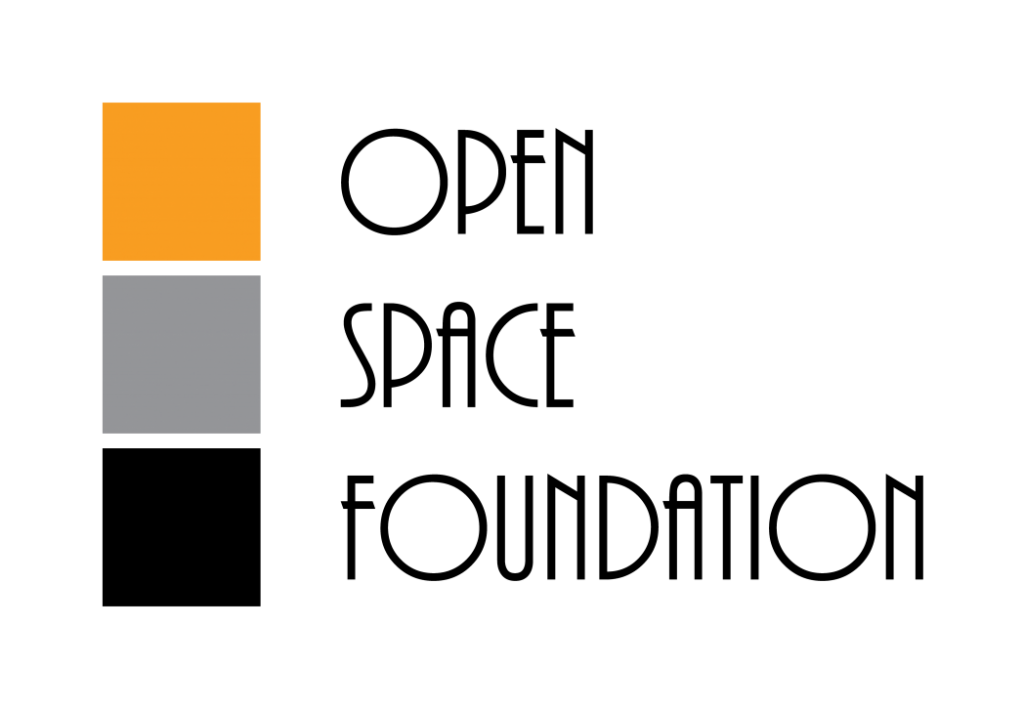
The digital world or how the Corona virus gently nudges us into digital learning.
by Pepa Peneva
The last week has brought us a true test of our values, philosophy and creativity. The introduction of a state of emergency in the country has caused many pros and cons of the adequacy of the measures. Miles of “expert” opinions and advice. And because social media today allows us to express our opinions and competences freely (whether we have them or not), free expression is more active than ever.
Of all the measures taken by the government, however, one is particularly interesting: the rapid transition to on-line education.
I greatly admire the teachers who rolled up their sleeves and for two days-off had to self-train and start working in a new format and as, we understand already, with many additional rules (including self-reporting and control at the Ministry of Education). It is not just a matter of preparing the content and materials in a form suitable for online classrooms. Presentation skills are also important, because here they are a little different from live work. It is important how you will work with so many people and be sure to keep their attention, which if it is a challenge live, imagine what happens when you are online and everyone has around at least 55 favorite things (because you are in your room).
Applause for those people who were, to put it mildly, stuck in virtual rooms and did not say resign because they did not have it in their job description and no one asked for it before hiring them in the appropriate position. I take off their hat because for years we have been saying that our education system needs to be reformed. For years, we have been chewing the topic of whether and how to use modern gadgets that do not fall out of the hands of our children anyway. And now, in just one week, we will enter this new era of education – digital education.
Of course, much of the results of this experiment will come by trial-and-error. Of course, good and working practices will still be sought. Many teachers will like them. For others – no. For the students, we will see. What is more important now is that these people are trying to reconfigure and be useful, because today we understand more than ever how important educated and knowledgeable people are to us. How much we want someone to instantly give us the vaccine for any new disease. To know how to protect us or help us if we are already infected.
Massive applause from the terraces of apartment blocks for medical staff involved in the fight against the infection has emerged in Italy. In Bulgaria – a few days later too. I think we should also applaud the teachers who have shown that learning really happens throughout life, and includes each one of us. I strongly believe that young people who are now experiencing this transition one day will be able to see the great step that is happening these days. And which I hope will change the education.
From another point in the world Tanzania (Central Africa) these days we saw another news: how young people are trying to negotiate changes related to education there. The news came from a friend of mine in Tanzania, who through her still-passing organization, works locally to digitize schools there. You probably don’t know, but in Africa you have to pay every megabyte that you use. In Africa, it is a luxury to use the resources that we get with just one click on the pointer. I am happy to see Cathy (Catherine Kimambo) follow her path boldly. I’ve worked 6 months with her in Bulgaria thanks to the “Erasmus+” program. Believe me, these were not easy days. Intelligent, persistent, with incredible potential, but hard to break through her protective shell. Today I see her not only daring to create her own organization and to realize her ideas, but also how she fights good models that have proven potential to develop people, to be introduced into their country. Cathy is one of those people who is keenly interested in things. Examines them in detail. She is no longer ashamed to ask if something is not clear to her. And she is boldly trying to help young people in her country learn and develop. The program she launched in Tanzania aims to give knowledge of the history and origins of Africans, their contribution to the progress and development of humanity. To arouse interest and motivation for learning, but also to create the conditions to support this process. For a population living in extreme poverty, access to the Internet can be a serious resource and help to tackle poverty.

The digital world is a click away for us in Bulgaria. Elsewhere it is a matter of finance. Today’s situation with the Corona Virus puts us in the need to act creatively and look for all kinds of solutions. Creativity is probably one of the most interesting human characteristics. In a situation of need, we have shown that we have one. Let’s implement and multiply creative models. Progress is a matter of little consideration and implementation of the benefits that already exist.
